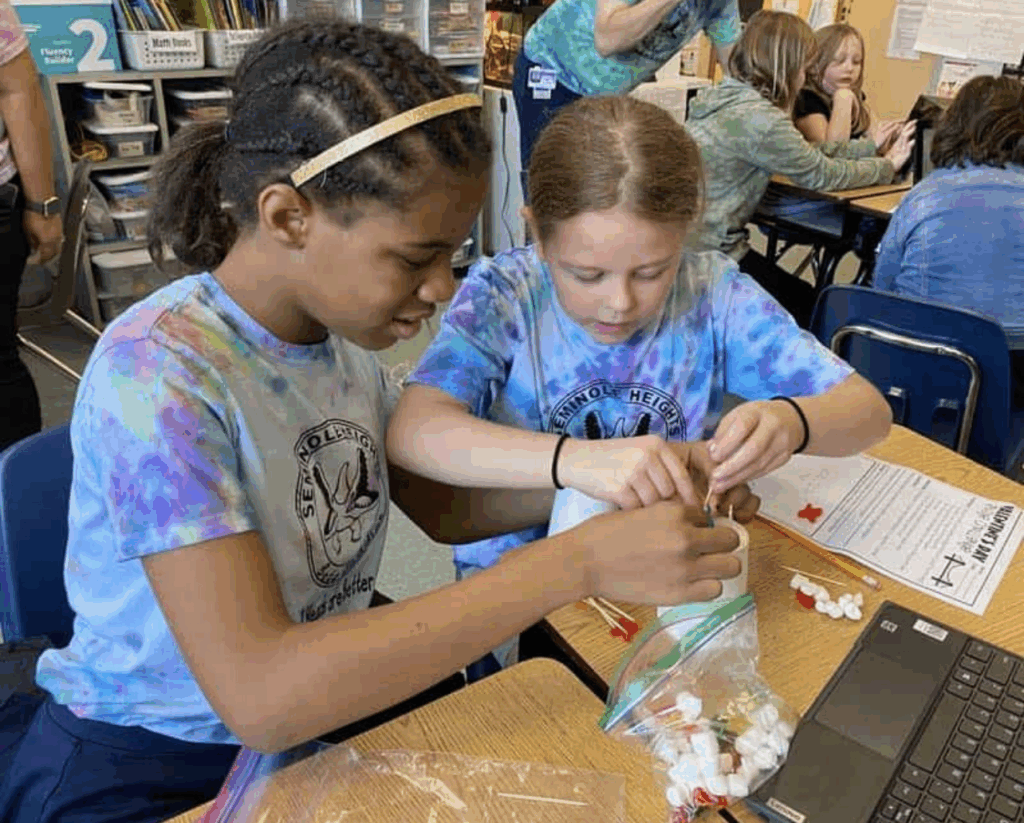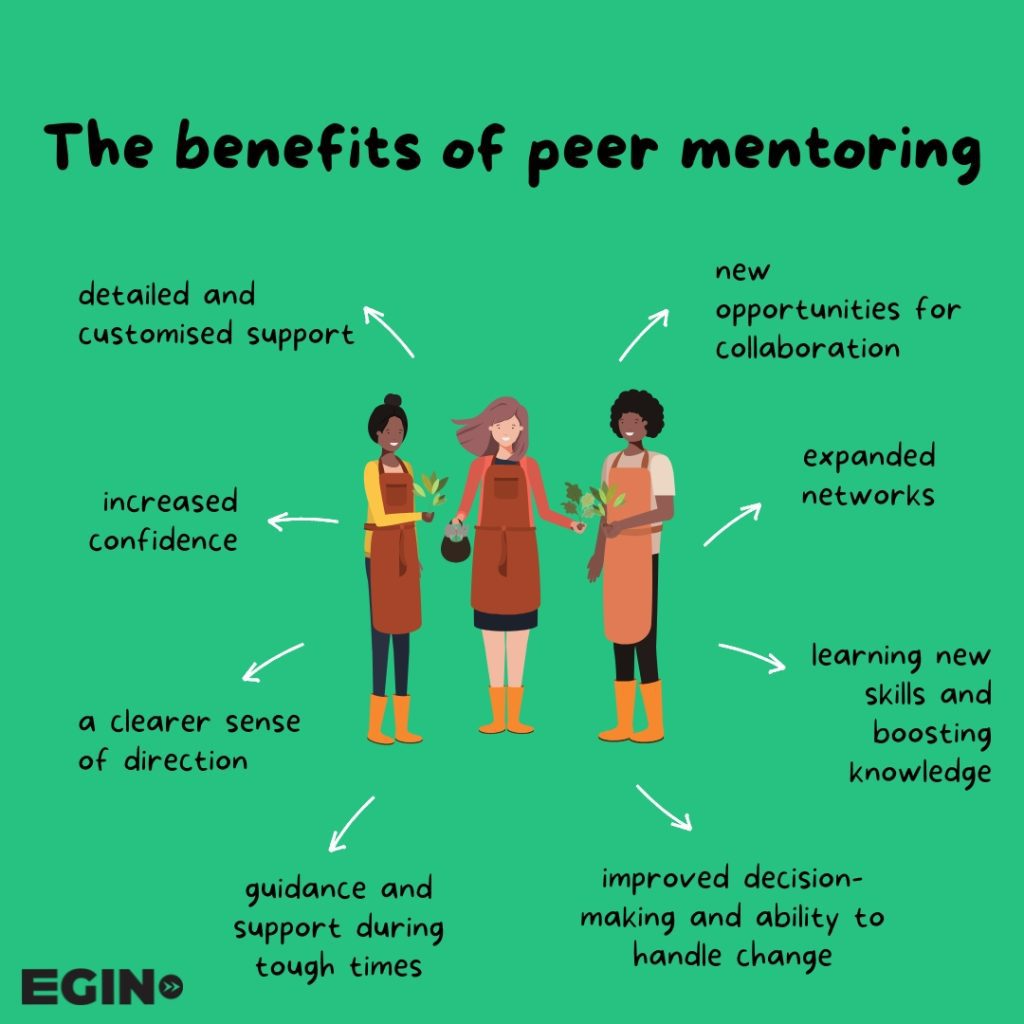The Hidden Key to Ending School Shootings Might Not Be Security… It’s Connection
Walk into any school in America today, and you’ll likely hear the same uneasy undertones. Conversations about safety protocols, mental health supports, and hardened perimeters have become tragically common. Yet amid all the cameras, drills, and legislation, we’re still missing something: the heart.
In his powerful TED Talk, speaker and youth advocate John Williams doesn’t suggest metal detectors or lockdown buttons. Instead, he proposes something far more human: a culture of connection.
“What if we built communities where every kid had someone who truly saw them?”
— John Williams, TEDx Birmingham
⸻
From Vulnerability to Value: The Mentoring Model That’s Changing Lives
Through his nonprofit Life That Counts, Williams and his team are building student-led mentoring ecosystems in public schools—where older students walk with younger peers through real conversations, life planning, and intentional support. The model isn’t flashy. But it works.
Students who once felt invisible are becoming known. Behavior incidents drop. Connection grows. Futures are reimagined.

This isn’t just about preventing violence. It’s about restoring purpose to students who have lost their way—or never had one to begin with.
⸻
But Is There Data Behind It? Yes—And It’s Called the Success Sequence
In parallel with Williams’ work, the Institute for Family Studies (IFS) has been tracking a concept called the “Success Sequence”—a simple but powerful series of life steps proven to lower poverty and increase stability:
1.Graduate high school
2.Get full-time work
3.Marry before having children
Young people who follow these steps—regardless of background—are overwhelmingly more likely to avoid poverty (97%) and reach middle-class status (86%) in adulthood¹.
Now think about that in the context of Williams’ model.
Life That Counts programs encourage:
•Educational follow-through
•Goal-setting and self-leadership
•Delayed gratification and responsible relationships
While they don’t market it as the success sequence, the principles are strikingly aligned. And in communities where opportunity is limited, these tools can mean the difference between resilience and risk.
⸻
The Federal Connection: Why Washington Is Taking Notice
The U.S. Department of Health and Human Services has published its own evaluations of the success sequence, showing that programs reinforcing these steps can meaningfully reduce poverty, teen pregnancy, and dropout rates.

Williams’ team at Life That Counts is no stranger to federal collaboration either. Their curriculum and mentoring approach are supported through grant-funded partnerships, school system collaborations, and evidence-backed youth engagement frameworks.
Put plainly: this isn’t theory—it’s implementation.
⸻
So What Makes It Work? Relational Equity.
While other approaches try to fix behavior from the outside in, Life That Counts builds from the inside out.
By training students to be peer mentors, the model:
•Empowers teens with agency
•Helps them lead with authenticity
•Creates a feedback loop of positive influence
Instead of enforcing rules, it cultivates values. Instead of punishing isolation, it offers belonging.
The results? Students who were once on the margins start leading. Schools report improved climate. And maybe most importantly—students begin to see that their lives do count.
⸻
A Note to Those Searching for Hope
If you’re a school counselor, parent, principal, or policymaker, you already know that the old answers aren’t cutting it. But here’s the thing:
When we focus on relationships, not just rules…
When we invest in purpose, not just performance…
When we build connection, not just control…
That’s where transformation happens.
John Williams and Life That Counts are showing what’s possible when we turn toward each other instead of away. If you’re looking for a path forward that’s bold, grounded, and proven—you might have just found it.
⸻
References & Further Reading
¹ Wang, W. & Wilcox, W. B. (2022). The Success Sequence. Institute for Family Studies.
² Williams, J. (TEDx). How mentoring could reduce school shootings.
³ Life That Counts official site: https://lifethatcounts.org
⁴ Office of Planning, Research & Evaluation. Federal assessment of success-sequence related behaviors
⸻
Learn more or bring this work to your school or district:
📧 info@lifethatcounts.org
Because every student matters. And when they believe that—everything changes.